Resources
Explore our curated collection of valuable resources designed to empower and inform
I’M LOOKING FOR RESOURCES FOR…

NCLD’s Federal Policy Agenda for the 118th Congress details policy recommendations in five key areas.
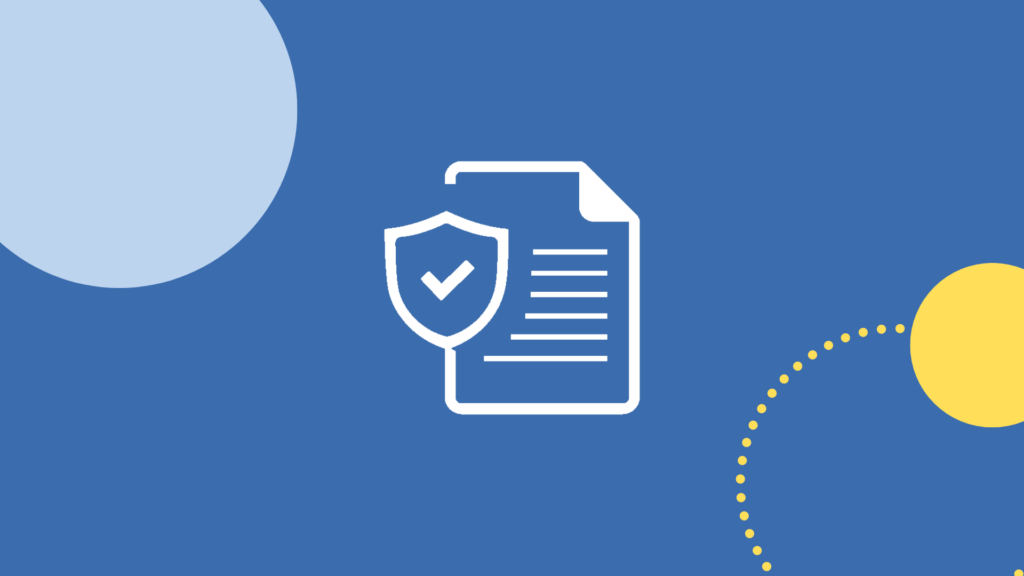
This report outlines a comprehensive evaluation for schools when educating students suspected of having a learning disability.

This report outlines effective, evidence-based practices for addressing the needs of students with SLDs in a school setting.
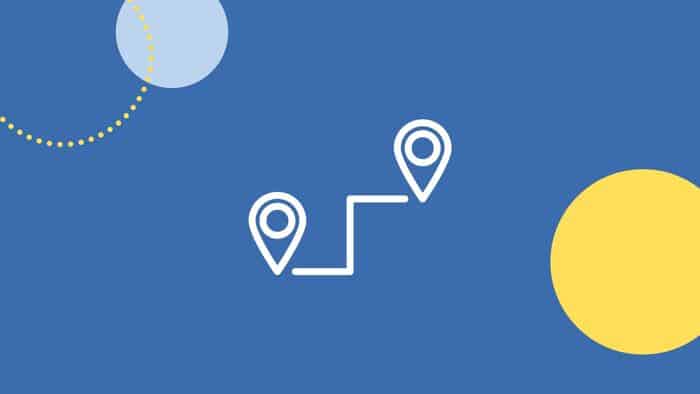
NCLD's suite of resources about transition planning, changes in legal rights and responsibilities, and how to access the available supports and services in post-high school settings.
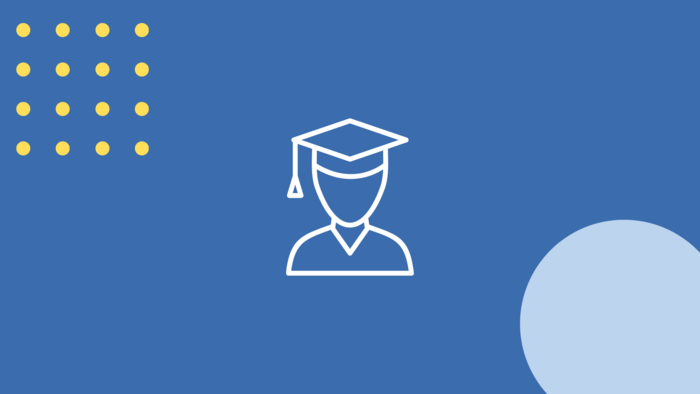
We know what learning-disabled students need to succeed. We have ample evidence from large-scale studies funded by federal agencies such as the National Institutes of Health and the Institute of Education Sciences. The path to success consists of seven milestones that lead to better resource allocation and outcomes for students with learning disabilities.
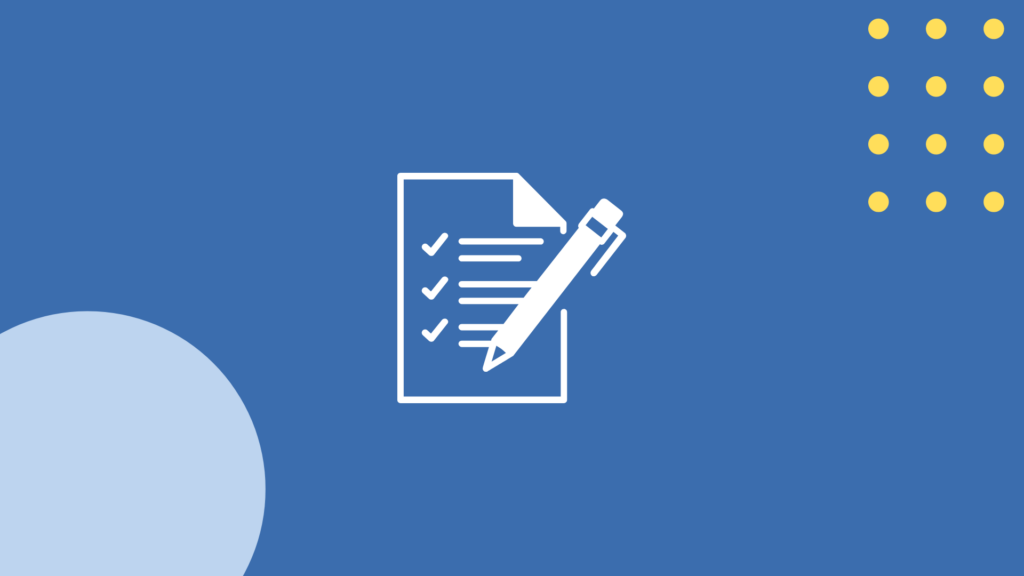
Private school vouchers and ESAs often leave students with disabilities without essential civil rights protections, sometimes requiring families to waive IDEA rights unknowingly. Our updated report highlights these challenges and the urgent need for equity in education.
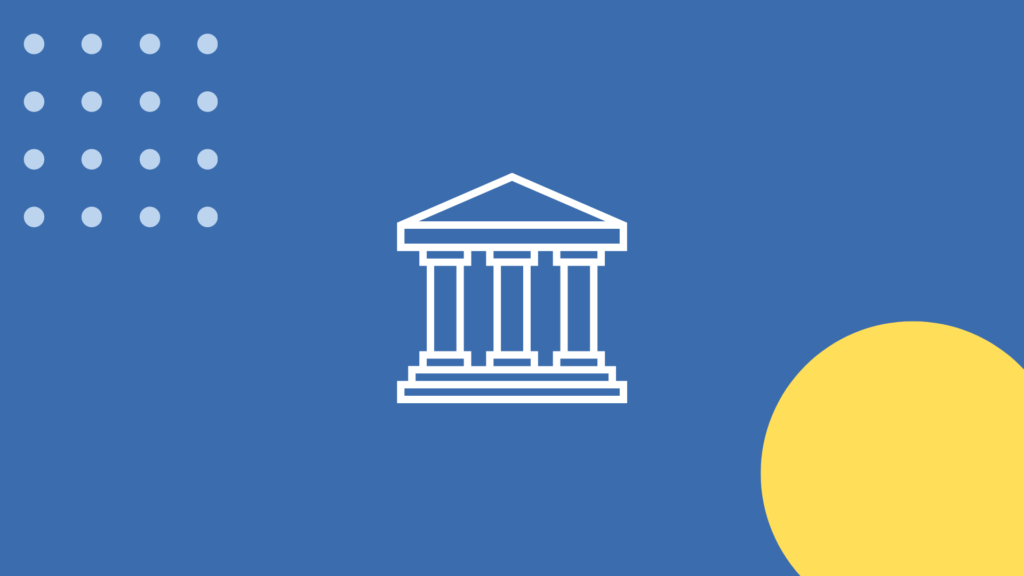
With each new Congress, NCLD develops a federal policy agenda to advance key issues and expand opportunities for individuals with learning disabilities and attention issues. Grounded in research and community feedback, this agenda drives our advocacy efforts to create meaningful change.

Specific learning disabilities (SLDs), including dyslexia, dysgraphia, and dyscalculia, are recognized as diverse disorders that affect the development and execution of reading, writing, and math skills. These conditions are considered when determining eligibility for special education services.
